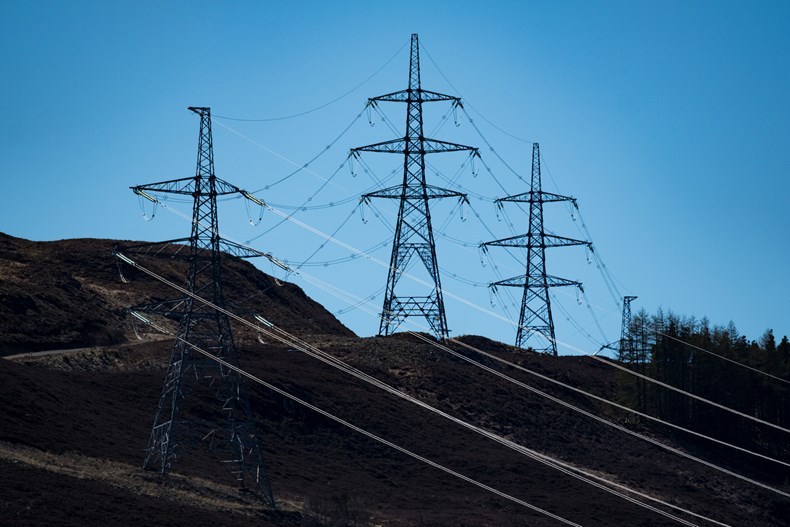Distribution network operator Scottish and Southern Electricity Networks (SSEN) is trialling new surge arrestors in an effort to make the network more resilient to lightning strikes.
As part of the £510,000 project, 150 of the surge arresters have been installed on overhead lines in the Basingstoke area. These offer a quicker, more efficient and observable approach to managing lightning strikes, the company said.
They are designed to absorb the strike, which triggers a chemical reaction that physically disconnects them from the rest of the network in the event an overhead line is hit by lightning. Additionally, this makes impacted overhead lines easier to spot by engineers who can then make the necessary repairs.
Lightning strikes are one of the leading cause of power cuts across SSEN’s distribution area, but with the new Network Innovation Allowance (NIA) funded project it is hopeful it can speed up identification, replacement and repair to minimise the disruptive impact of such events.
Rhys Williams, project manager for the Informed Lightning Protection project, said it is playing a “a key role in helping us develop a more efficient response to strikes and identifying where strikes are frequently occurring”.
“If this trial is successful, we aim to adopt these new surge arresters in areas of frequent lightning strikes across both our central and southern England and north of Scotland distribution areas. This will support a more efficient identification procedure and help to support increased network resiliency.”
Back in August 2019, a lightning strike was the key cause of one of the most significant blackouts in Britain. The strike caused a fault on the Eaton Socon – Wymondley 400kV line.
Whilst this was rectified within 80 milliseconds, around 150MW of distributed generation disconnected from the local distribution networks due to a safety mechanism known as vector shift protection. This triggered a chain of events that left over a million people without power.
The Informed Lightning Protection project is set to run until March 2023.





